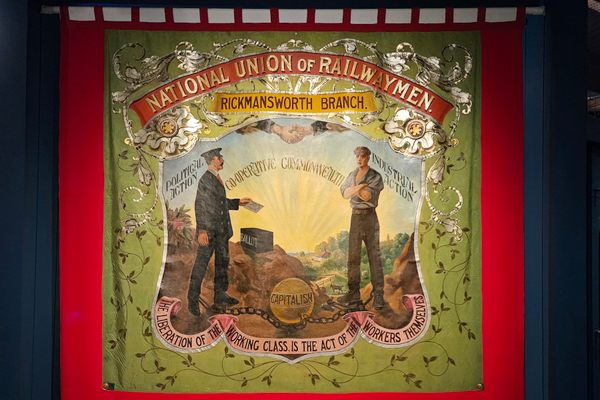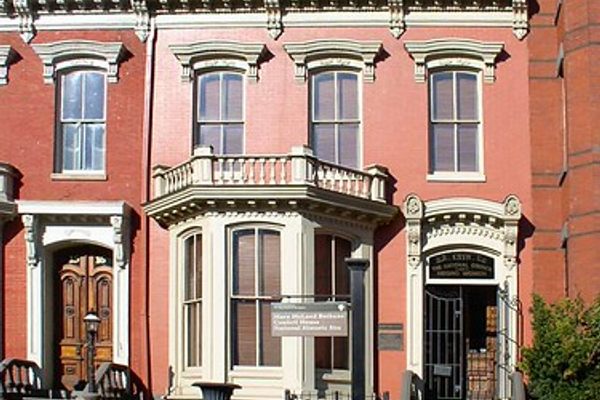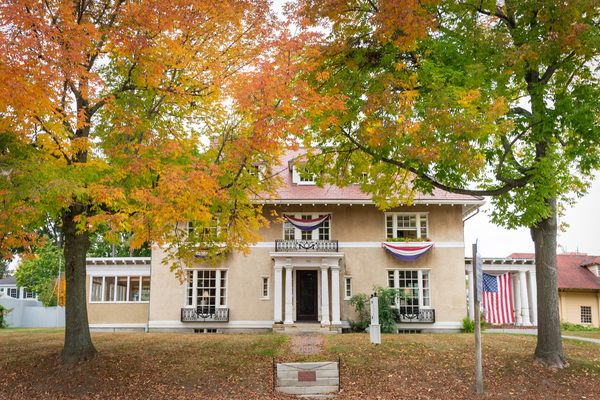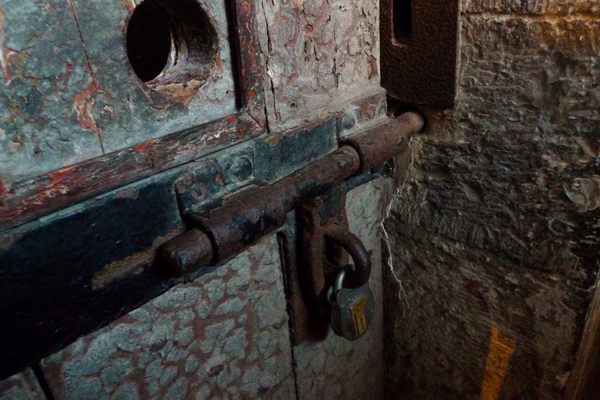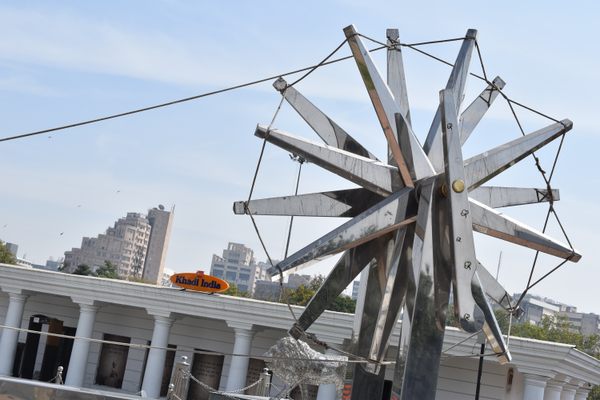About
Eileen Hickey, the namesake of this museum, was once a political prisoner in Armagh prison, Northern Ireland. After her release, Hickey collected objects and documents related to other political prisoners incarcerated during the Irish Troubles. Her family used this legacy to open the museum in 2007.
A reproduction of Hickey's cell, which would have been standard for female prisoners in Armagh, is one of the most striking elements in the museum. Original items include Hickey's bed, the cell note from the day of her imprisonment, and a graffitied wooden cell door from Armagh.
Items made by prisoners while incarcerated, like wood carvings, tapestries, and drawings, make up a significant percentage of the objects on display. The small museum also includes a sizable library, which offers plenty of books related to both sides of the Troubles, as well as the conflict itself.
The Troubles are considered to have started in the late 1960s and ended in 1998 when the Good Friday Agreement was signed. The conflict arose over the status of Northern Ireland, which is part of the United Kingdom.
The rest of Ireland is a separate country, often referred to as the Republic of Ireland. For historical reasons over the last few centuries, a majority of the Northern Irish population has usually been Protestant, while the citizens of the Republic are majority Catholic. Loyalty to the British monarchy or republican ideals compounded with religious differences and other factors led to fights over the Northern Ireland territory, which often spilled over to the Republic and the rest of the U.K.
In the midst of the fighting, political and police repression became a documented phenomenon, with many activists on both sides often considered to have been unjustly or disproportionately imprisoned. The number of imprisoned people who supported pro-Republic causes outnumbered that of pro-monarchy prisoners, however. It is in this context that the Eileen Hickey Museum focuses almost exclusively on the Republican side.
Related Tags
Know Before You Go
Entry is free, but donations are encouraged, the suggested amount per visitor is £3. The museum is open Tuesday-Saturday, from 10 a.m. to 2 p.m.
Community Contributors
Added By
Published
November 26, 2024
















